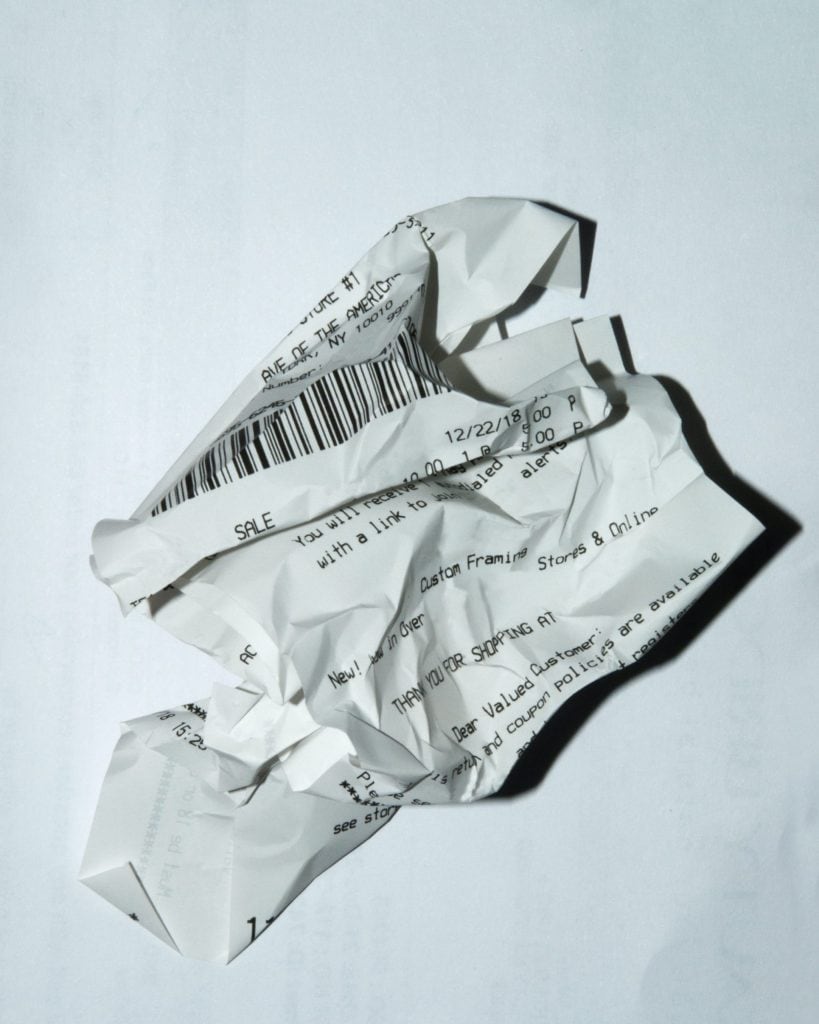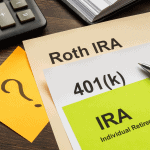You just received a Notice of Audit from the IRS, only to realize that you don’t have your receipts anymore. What do you do?
In this post, we cover how to handle a tax audit if you don’t have the proper documentation on hand.
How Do I Know if I am Being Audited by the IRS?
The IRS sends notifications via USPS, not by phone or email. Be wary if you receive a call or email from someone claiming that you are being IRS audited—this is a scam! The IRS will mail a notice to the most recent address they have on file for you.
As we stated in a recent post, there are several types of IRS notices. Most audits are correspondence or mail-in audits, which usually involve small sums of money. Respond to the audit notice promptly to prevent your case from escalating.
What Happens if I’m Being IRS Audited and Don’t Have Receipts?
The IRS offers other ways to verify your taxes. Whether you don’t have receipts because you threw them away or lost them, you still have a path forward through your tax audit.
If the IRS seeks proof of your business expenses and you don’t have receipts, you can create a report on your expenses.
As a result of the Cohan Rule, business owners can claim expenses without receipts, provided the expenses are reasonable for that business.
How to Recreate Your Business Expenses Without Receipts
- Ask vendors for receipts. It’s rare for a business to not have automated payment systems these days, so vendors can easily provide documentation for your transactions.
- Consult your calendar and credit card statements. For client entertainment-related expenses, review your credit card statements alongside your business calendar. Did you have a credit card charge for a meal on the same day you had a client meeting? Use this to document meal expenses.
- Review bank statements. A look back at your bank and credit card statements from the year in question will help you pull together an accurate record of qualified business expenses. While a receipt is preferable, a line item on an account statement is better than no record at all.
What if the IRS Doesn’t Accept My Deductions?
Once you’ve recreated your business expenses and shared them with your auditor, there is a chance the IRS will not approve all of your proposed deductions. Known as a “disallowed deduction,” the IRS will add the unapproved deduction to your taxable income, which means you will need to pay higher taxes than you expected.
If your disallowed deductions move you into a higher tax bracket, you will also be paying a higher tax rate on your taxable income for the year.
Further, the IRS charges interest and late fees on disallowed deductions. Why? If your auditor nullifies your deduction, this means the income is taxable and that you owed these taxes when your tax return was due. If you do not pay your owed taxes post-audit, you may face a penalty from the IRS.
We hope this eases some of your fears regarding undergoing an IRS audit without receipts. While meticulous record keeping is the best policy, you still have a path forward if you don’t have receipts.
Still have questions? We’re here to help you navigate your IRS audit. Contact us today.
Further reading:
Are Tax Refunds Delayed This Year?
5 Things High Income Earners Need to Know About Biden’s Tax Proposal
Photo by Mike Walter on Unsplash





